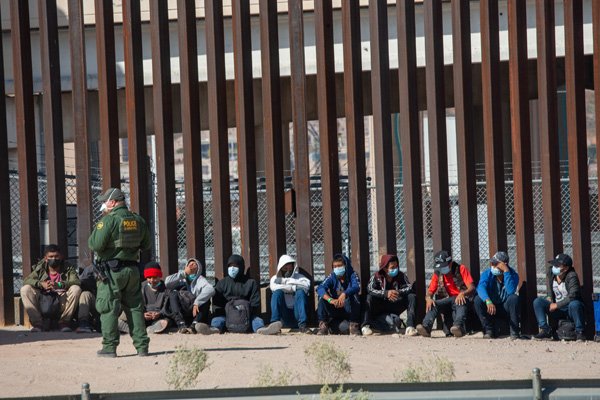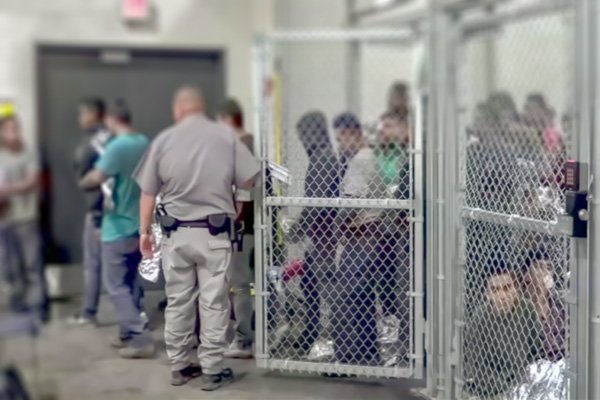Criminal Laws
In 1929, Congress set out to punish — and exploit — Mexican migrants. That shameful legacy remains.
Entering the United States without permission is a crime. But should it be?
This time on the show, we hear from a couple of lawyers who have been fighting to decriminalize unauthorized immigration. They say federal law unfairly targets Latin Americans — locking up hundreds of thousands of migrants who cross America’s southern border, costing billions of dollars each year. Plus, Will speaks with University of Virginia historian Debbie Kang, who has helped make the case that those laws have patently racist origins.
Kang layers an economic story over the sordid tale of xenophobia, and tells Will why the legal efforts of public defenders Kara Hartzler and Lauren Gorman could prove to be a watershed moment in immigration history: perhaps as important as Brown v. Board of Education was to the U.S. civil rights movement.
Heard on the show
Joe Biden made an appearance this time, with audio clipped from his address to Congress on April 28, 2021. You’ll also hear portions of news reports on border policy, from MSNBC and CBS News.
We scored our piece about Hartzler’s and Gorman’s work with two tracks off the 2016 Ketsa album Universal Law: “Rain Stops” and “Sorrow the Sun”; plus two more tunes — “Hanging Rock” and “Delving the Deep” — from a new collection by Blue Dot Sessions, called Sour Mash. The transition music that follows the piece is John Bartmann’s “Smooth Criminal.”
















